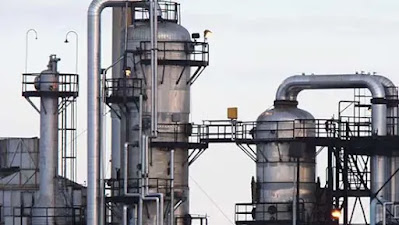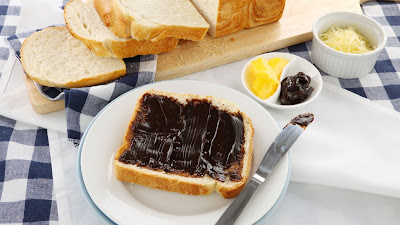Polymerization inhibitors significantly slowdown the polymerization process
 |
| Polymerization Inhibitors Market |
Inhibitors work to inhibit the polymerization of unsaturated monomers, such as styrene, but they can also act as retarders. While the inhibitors are more potent, retarders can have less of an effect on the polymerization process, as they don't stop radicals from forming. They also slow down the polymerization process, but can't fully prevent it from undergoing.
Polymerization inhibitors are chemical compounds that inhibit the formation of certain types of polymers. These chemicals are known as anti-polymerization agents, polymerization retardants, or polymerization controllers. These chemicals work by stabilizing certain reactive monomers and preventing them from undergoing polymerization. They inhibit polymerization by interacting with growing-chain radicals. They should be used in a controlled amount as the addition of too much may lead to pipe polymerization.
A polymerization inhibitor works by suppressing the polymerization process in the presence of air, acetic acid, and water. The amount of the compound will determine the length of time that the process is inactive. Once the induction time is complete, the polymerization process resumes. However, as the monomer is unsaturated, the inhibitors cannot be used for monomers that contain a high percentage of unsaturated carbon.
The main benefits of polymerization inhibitors are their ability to increase the shelf life of certain reactive monomer systems. Its ability to improve heat and UV stability is also one of its main advantages. Further, these compounds can be added at higher concentrations to delay the curing process and adjust pot life. The use of these polymerization inhibitors in the manufacturing of acrylics and styrene is increasing worldwide. A polymerization inhibitor has a direct effect on polymerization. The compound is designed to prevent the formation of a polymer chain. It prevents the formation of a chain of corresponding molecules. Moreover, it helps to enhance the shelf-life of reactive monomer systems and to improve the heat and UV stability of polymers. The presence of an inhibitor prolongs the time required for the polymerization process.


%20Treatment%20Market.jpg)
Comments
Post a Comment